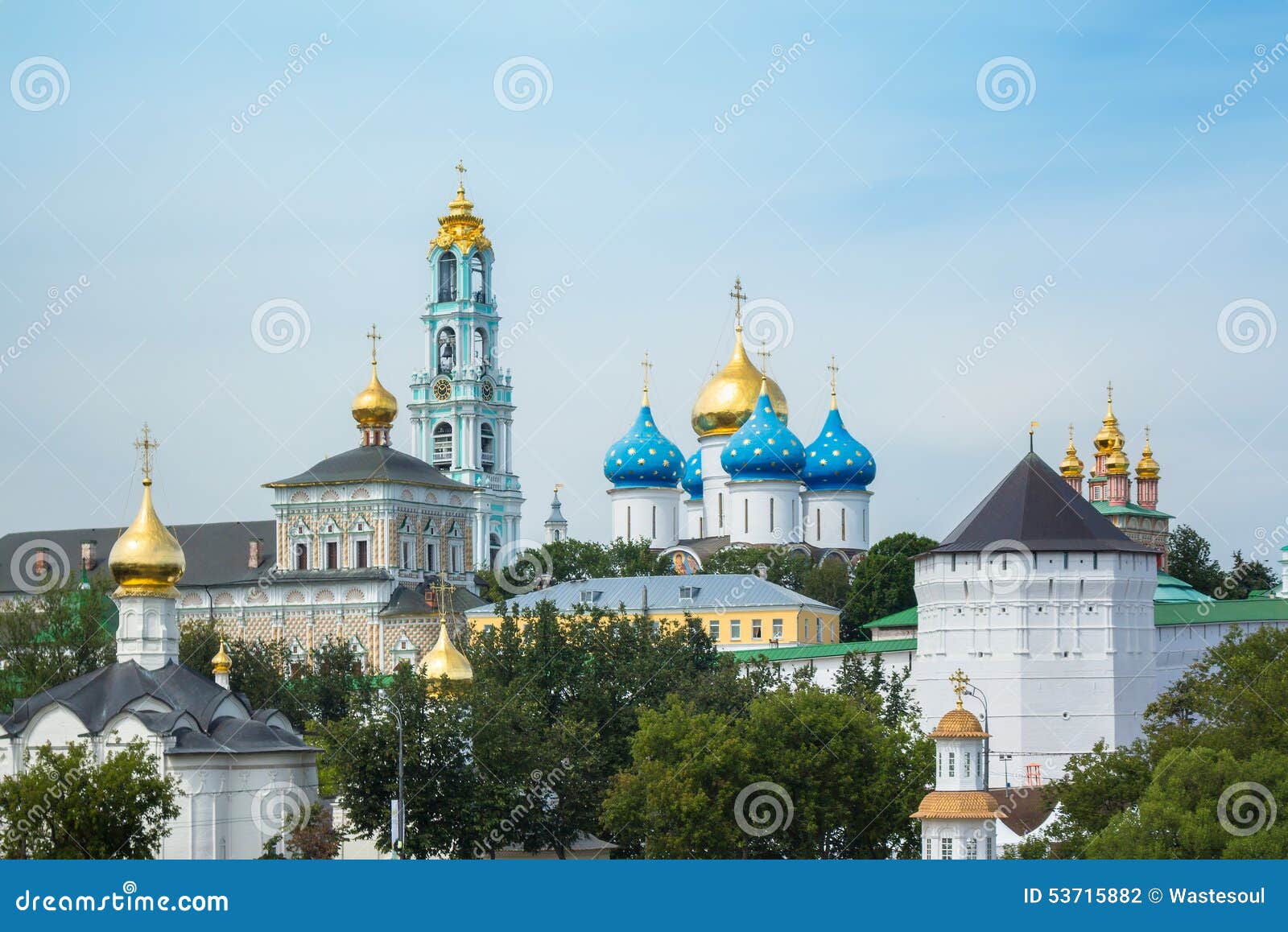Mikhail Bakhtin: Mikhail Bakhtin, Russian literary theorist and philosopher of language whose wide-ranging ideas significantly influenced Western thinking in cultural history, linguistics, literary theory, and aesthetics.
Fyodor Dostoyevsky: Fyodor Dostoyevsky, Russian novelist and short-story writer whose psychological penetration into the darkest recesses of the human heart, together with his unsurpassed moments of illumination, …
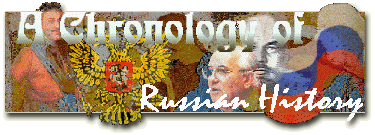
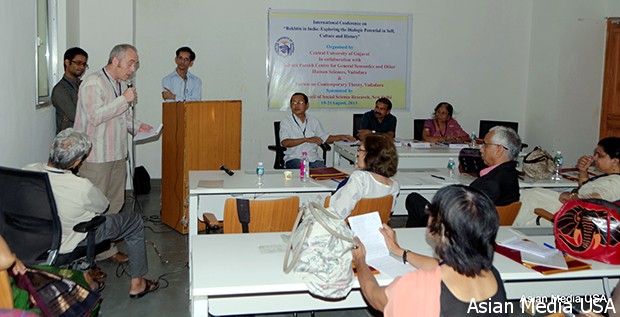
Some years ago, when this blog was a new venture, I started an annotated reading list of Russian and Soviet labour camp narratives. My aim initially was to expand it over time, but as one so often finds, there never is time, and it has lain neglected for several years now, despite fairly regular comments and emails from readers suggesting some
A brief history of twentieth-century linguistics. An introduction to the different ways that language can be studied, and the contributions of Saussure and Jakobson in context.


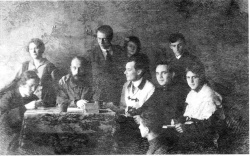
Aleš Vaupotič. The works of Mikhail Bakhtin are above all focused on the problems concerning literature and therefore tend to belong to the field of literary criticism.

Methodology. Among international monitors, the figures quoted for deaths of journalists in Russia have varied, sometimes considerably. There are several explanations.
Vladimir Lenin (1870-1924) 1,000+ Helped create the Bolshevik party. Led the Soviets to power in the Russian Revolution.Elected to the head of the Soviet government until 1922, when he retired due to ill health.
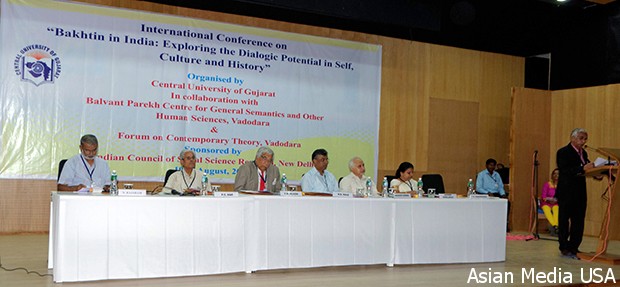

Vladimir Sergeyevich Solovyov (Russian: Влади́мир Серге́евич Соловьёв; January 28 [O.S. January 16] 1853 – August 13 [O.S. July 31] 1900) was a Russian philosopher, theologian, poet, pamphleteer, and …
Dr. Kristi Siegel Associate Professor, English Dept. Director, English Graduate Program Chair – Languages, Literature, and Communication Division
Introduction: Dostoevsky Today. Sarah . Taken from: Dostoevsky on the Threshold of Other Worlds: Essays in Honour of Malcolm Jones, ed. Sarah and Lesley Milne (Ilkeston: Bramcote Press, 2006), pp. xiii-xx
